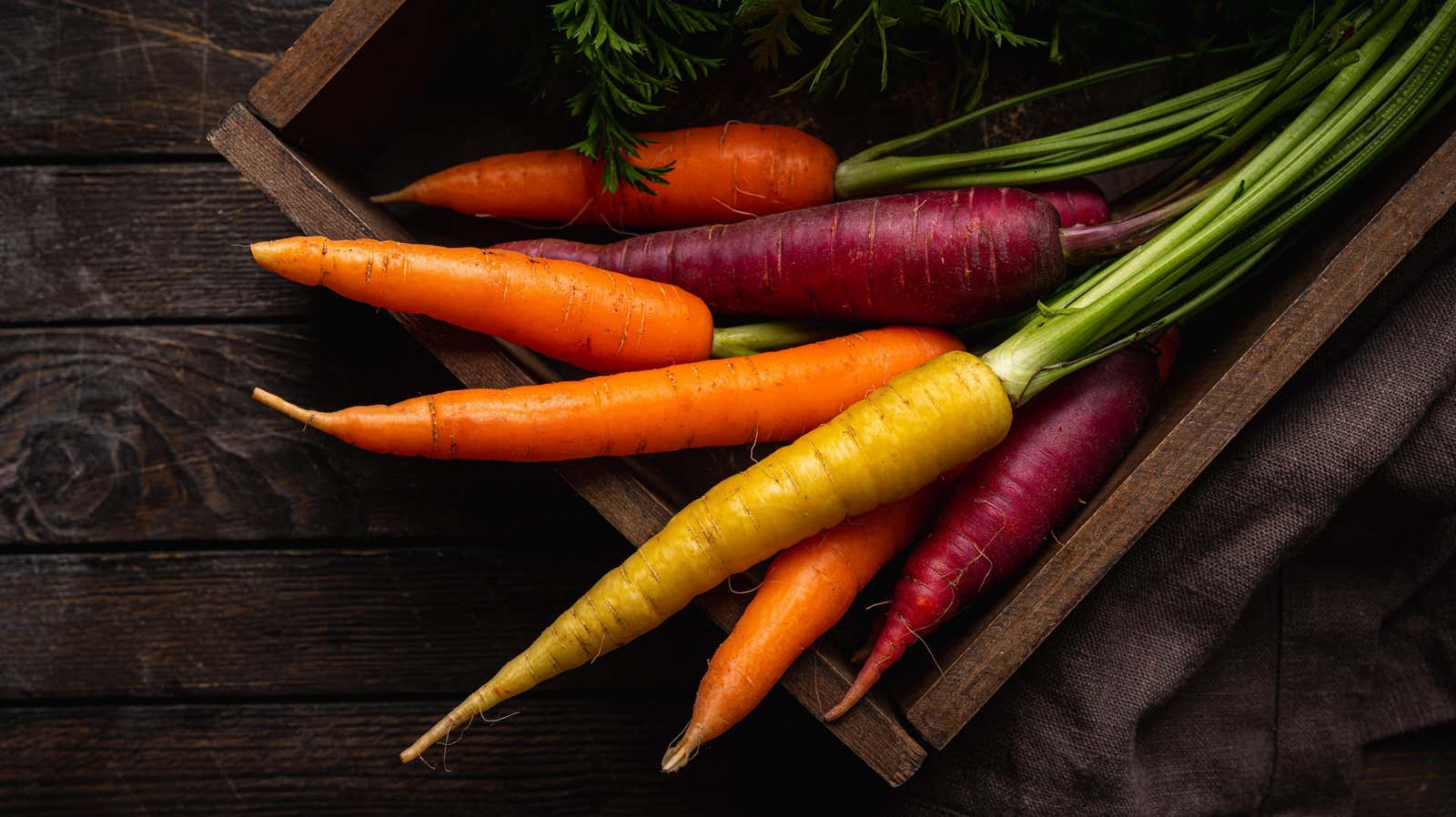Why You Should Blanch Vegetables Before Freezing Them

Buying vegetables in bulk is a good way to save on already cheap (or not so) vegetables. Many of them can be stored for weeks in a cool and dry place, but even the most zealous vegetable lovers can find themselves with an excess of usefulness. At such moments, you turn to the freezer.
But, unlike ginger or even tomatoes , it’s not enough to put raw vegetables like carrots or broccoli in a plastic freezer bag and put them in the fridge. This can negatively affect the taste, texture and even color of vegetables. To keep your vegetables as long as possible, you need to blanch them first.
In her article on freezing carrots, professional household economist Getty Stewart explains that blanching is more effective in stopping the enzymatic action (which “ages” carrots) than simply freezing:
Carrots, like most vegetables, contain enzymes that keep them aging even after harvest, even in our refrigerator. The aging process does not stop at low temperatures – even at negative temperatures. To stop the enzymes and preserve flavor, color, texture, and nutrient loss, you need to blanch vegetables , including root vegetables like carrots, before freezing. Fortunately, blanching is very easy.
Blanching is very easy. All you need to do is briefly boil the vegetable in boiling water or steam it, then plunge it into an ice bath to stop the cooking process. This stops the enzymatic action which can lead to loss of flavor, color and texture.
However, timing is important. According to the National Center for Home Food Preservation , over or under blanching can cause a number of problems:
Blanching time is critical and depends on the vegetable and its size. Insufficient blanching stimulates enzyme activity and is worse than no blanching. Excessive blanching results in loss of flavor, color, vitamins and minerals.
Luckily, they have a handy blanching timing chart that can be consulted to avoid any of these terrible fates (scroll down the page ). After your vegetables have been boiled in unsalted water for the required time, place them in an ice bath while they are blanched, then dry them completely using clean kitchen towels or a salad bowl. Lay them out on a baking sheet or large plate, then freeze before transferring to a long-term storage bag. Most blanched vegetables can be stored in the freezer for up to a year, and can be cooked straight from the frozen state without defrosting (blanching actually cuts down on cooking time).